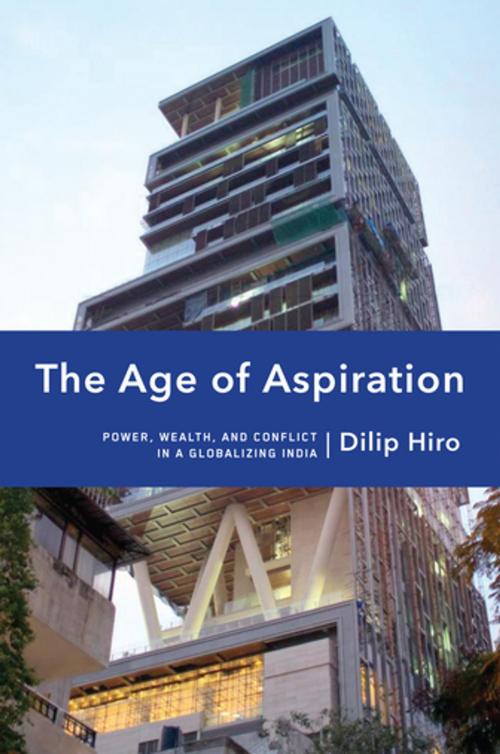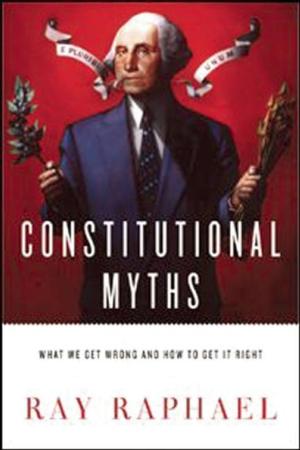The Age of Aspiration
Power, Wealth, and Conflict in Globalizing India
Nonfiction, History, Asian, India, Social & Cultural Studies, Political Science, International| Author: | Dilip Hiro | ISBN: | 9781620971413 |
| Publisher: | The New Press | Publication: | October 6, 2015 |
| Imprint: | The New Press | Language: | English |
| Author: | Dilip Hiro |
| ISBN: | 9781620971413 |
| Publisher: | The New Press |
| Publication: | October 6, 2015 |
| Imprint: | The New Press |
| Language: | English |
Nearly four decades ago, Dilip Hiro’s Inside India Today, banned by Indira Gandhi’s government, was acclaimed by The Guardian as simply the best book on India.” Now Hiro returns to his native country to chronicle the impact of the dramatic economic liberalization that began in 1991, which ushered India into the era of globalization.
Hiro describes how India has been reengineered not only in its economy but also in its politics and cultural mores. Places such as Gurgaon and Noida on the outskirts of Delhi have been transformed from nondescript towns into forests of expensive high-rise residential and commercial properties. Businessmen in Bollywood movies, once portrayed as villains, are now often the heroes. The marginal, right-wing Hindu militants of the past now rule the nominally secular nation, with Prime Minister Narendra Modi as their avatar, one whose electoral victory was funded by big business.
Hiro provides a gripping account of the role played by Indians who have settled in the United States and Britain since 1991 in boosting India’s GDP. But he also highlights the negatives: the exponential growth in sleaze in the public and private sectors, the impoverishment of farmers, and the rise in urban slums. A masterful panorama, The Age of Aspiration covers the whole social spectrum of Indians at home and abroad.
Nearly four decades ago, Dilip Hiro’s Inside India Today, banned by Indira Gandhi’s government, was acclaimed by The Guardian as simply the best book on India.” Now Hiro returns to his native country to chronicle the impact of the dramatic economic liberalization that began in 1991, which ushered India into the era of globalization.
Hiro describes how India has been reengineered not only in its economy but also in its politics and cultural mores. Places such as Gurgaon and Noida on the outskirts of Delhi have been transformed from nondescript towns into forests of expensive high-rise residential and commercial properties. Businessmen in Bollywood movies, once portrayed as villains, are now often the heroes. The marginal, right-wing Hindu militants of the past now rule the nominally secular nation, with Prime Minister Narendra Modi as their avatar, one whose electoral victory was funded by big business.
Hiro provides a gripping account of the role played by Indians who have settled in the United States and Britain since 1991 in boosting India’s GDP. But he also highlights the negatives: the exponential growth in sleaze in the public and private sectors, the impoverishment of farmers, and the rise in urban slums. A masterful panorama, The Age of Aspiration covers the whole social spectrum of Indians at home and abroad.















